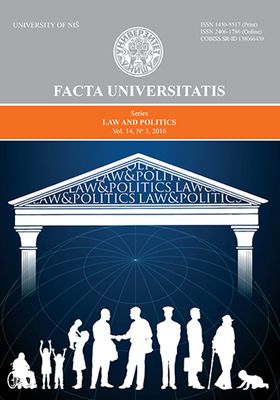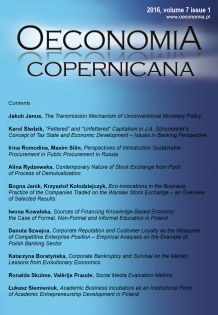Love and Social Norms
Любов и социални норми
Article is a theoretical attempt to explore the relationships between sexes in Bulgaria in the period between two world wars. Transformations in Bulgarian society, closely connected to the more visible women’s presence in social publicity, provoked a lot of topics and motives in Bulgarian literature, written by women. Emancipation, access to university education, women’s rights to work and career are among the key problems in works of Maria Grubeshlieva, Anna Karima, Sanda Yovcheva, Fani Popova- Mutafova. New social conditions posed a question of woman, who loves and fights for her love. This became a basis for many subjects in Bulgarian interwar literature in which the love is seen as a part of complicated code of changing ethical codex of modern society. Many literary works interprets in philosophical and ethical key the questions of maternity, marriage, prostitution, women’s right of work and independent life. These topics are part of directly orientated through the women’s problems literature, whose ethical and social features are object of analysis.
More...

